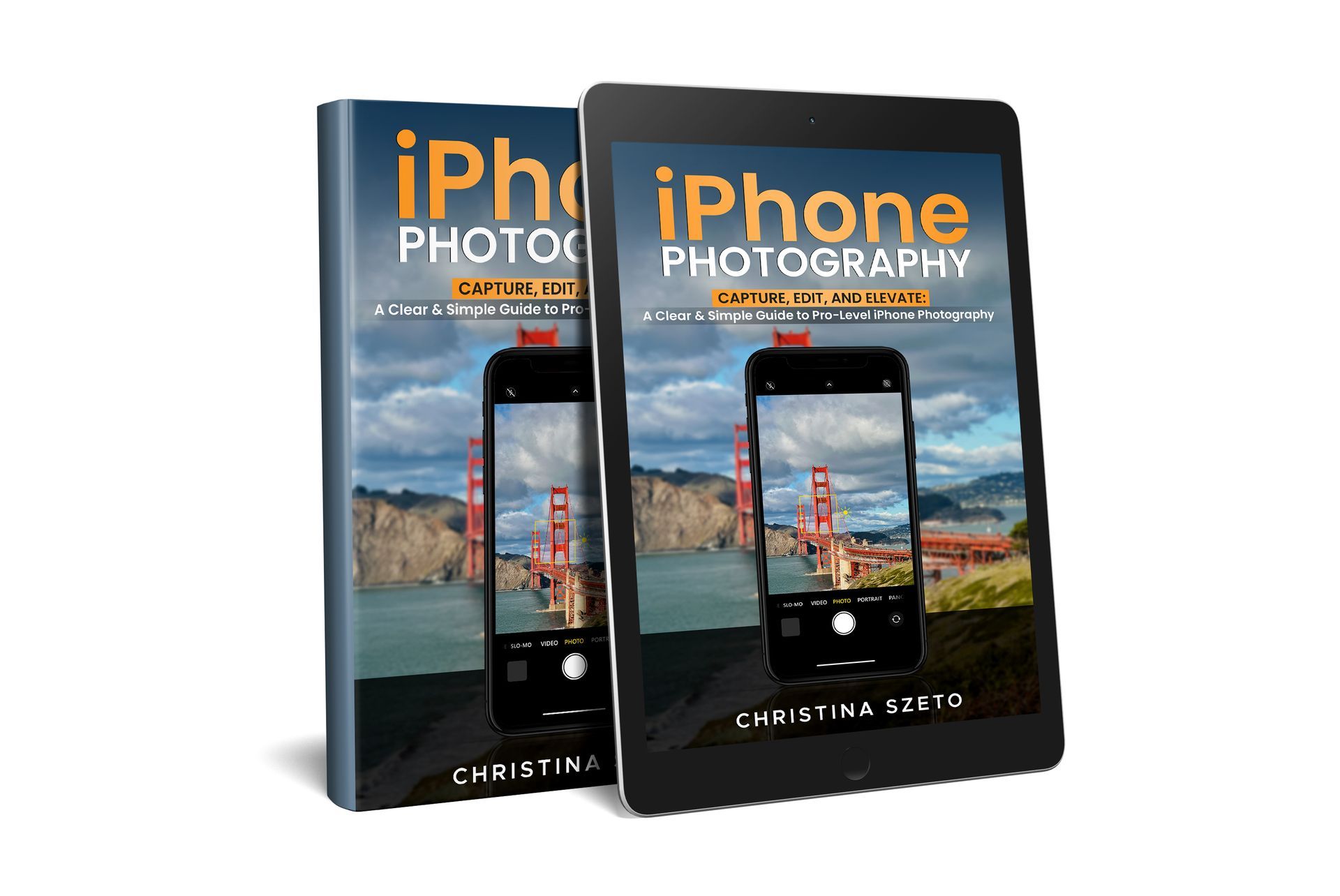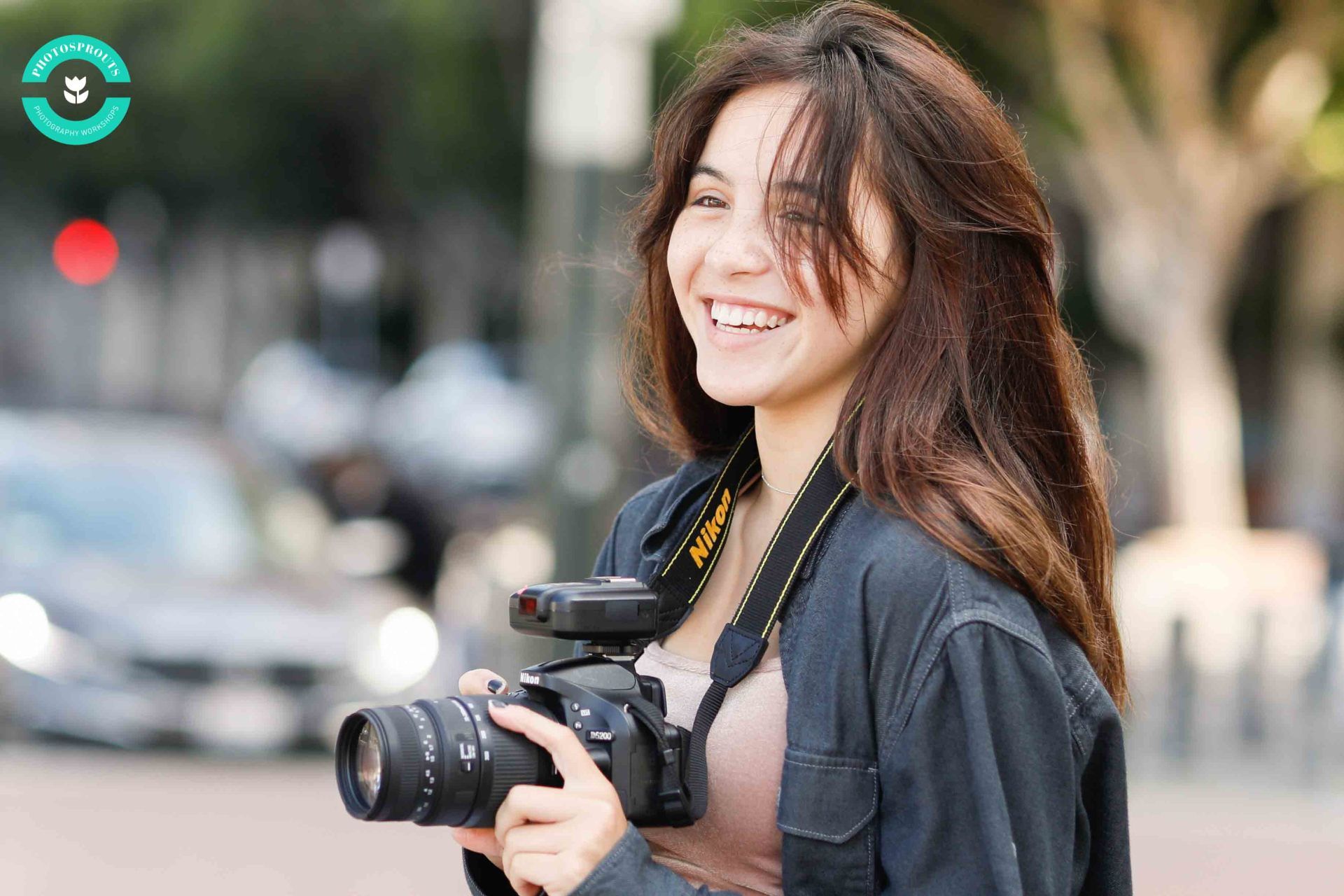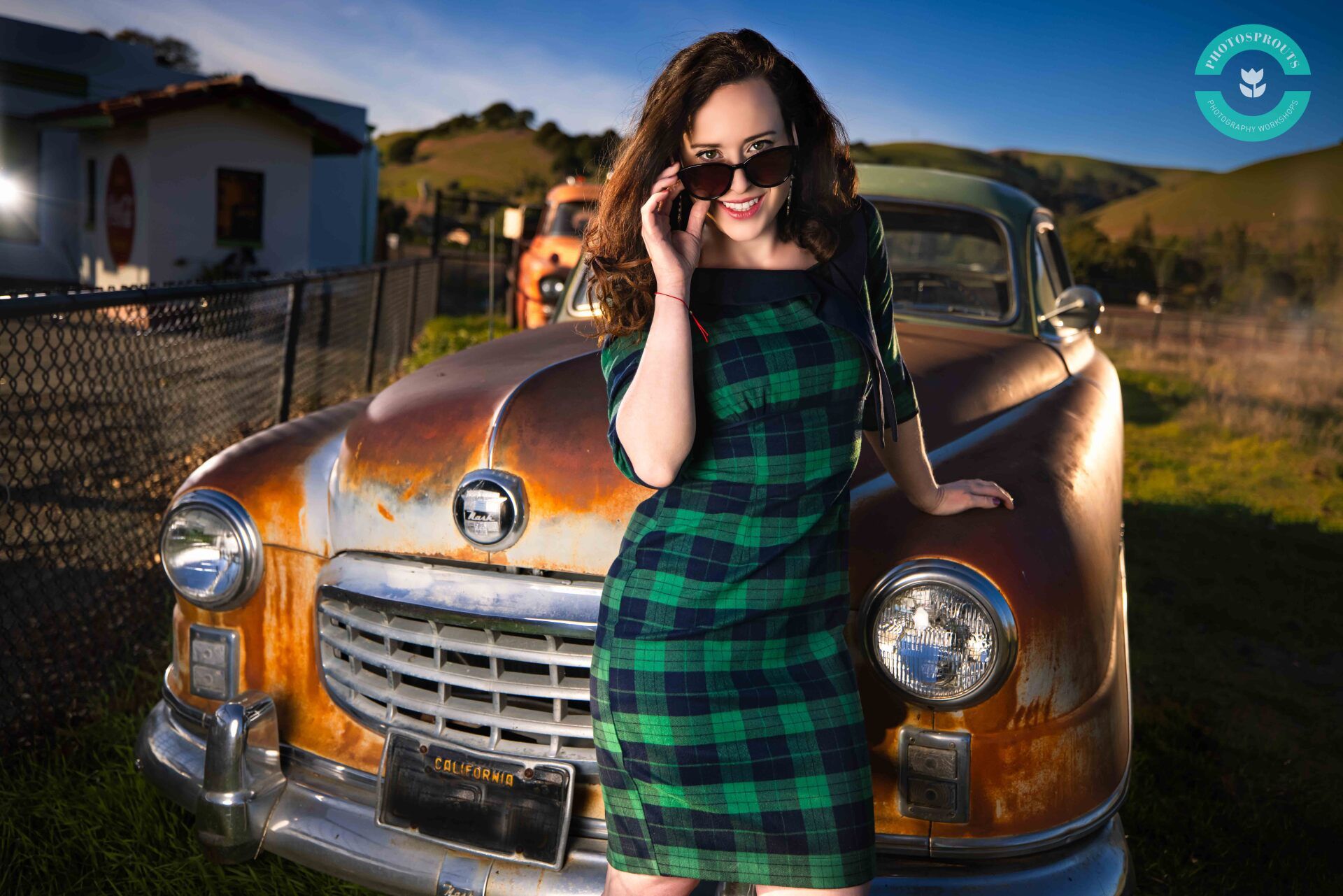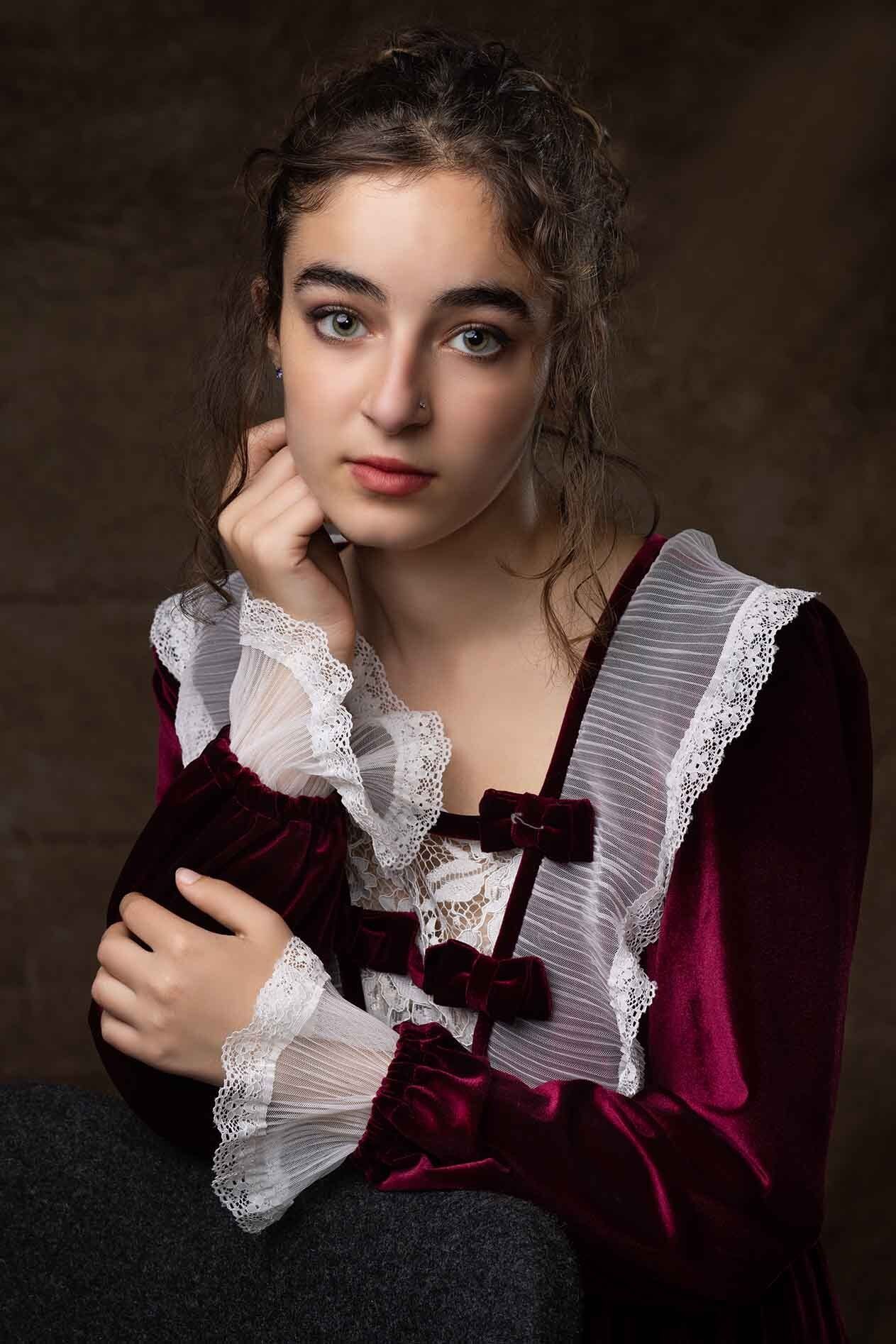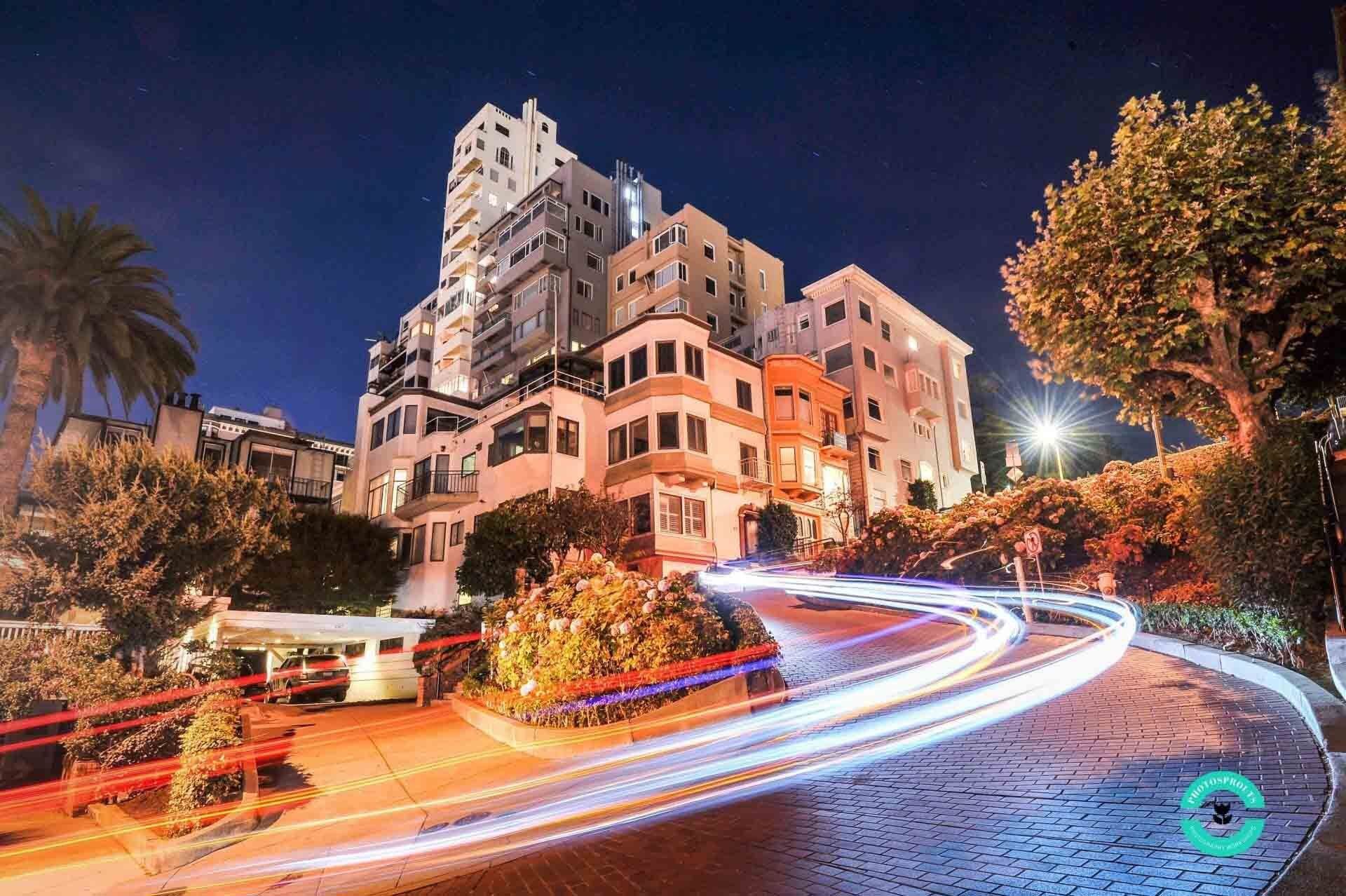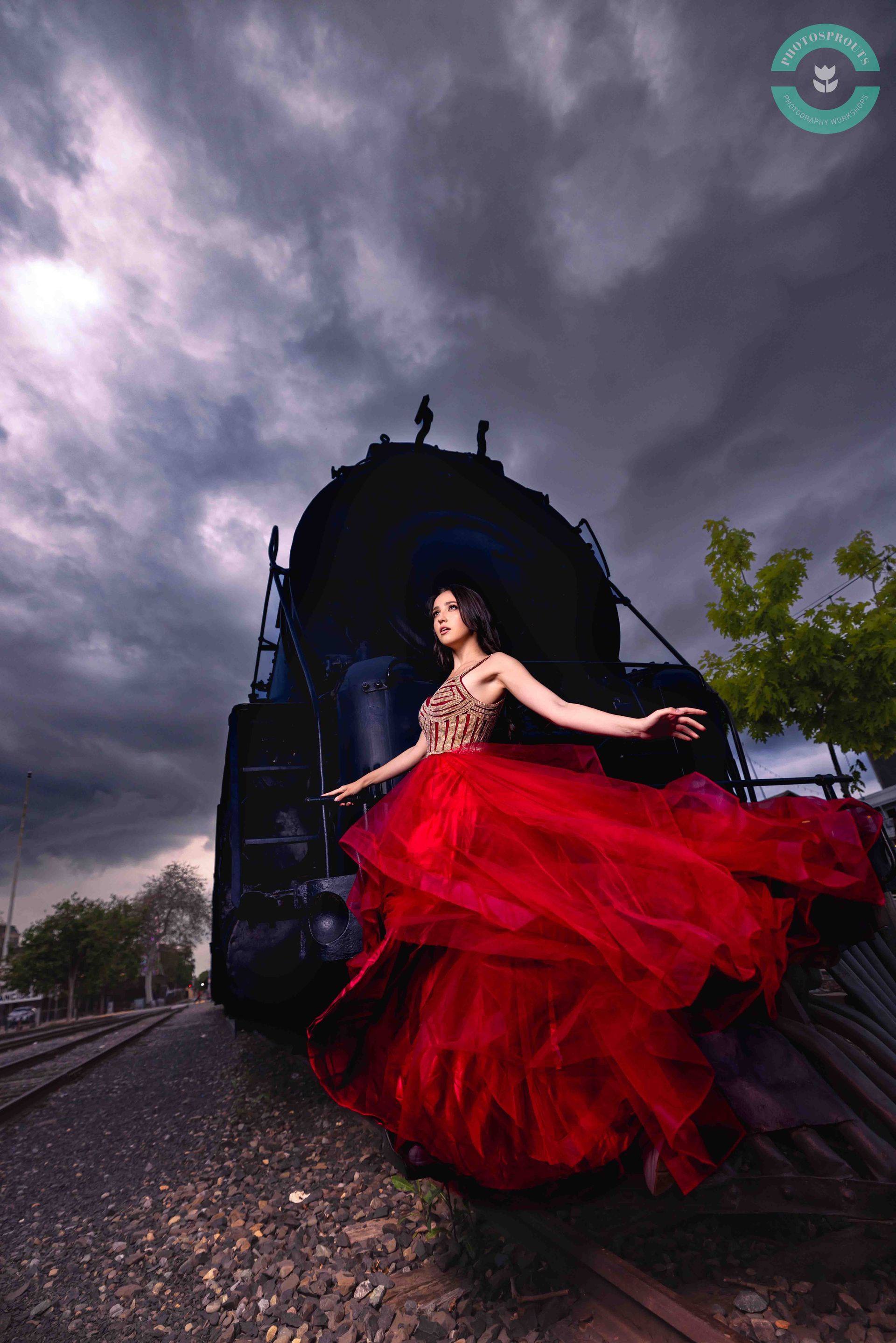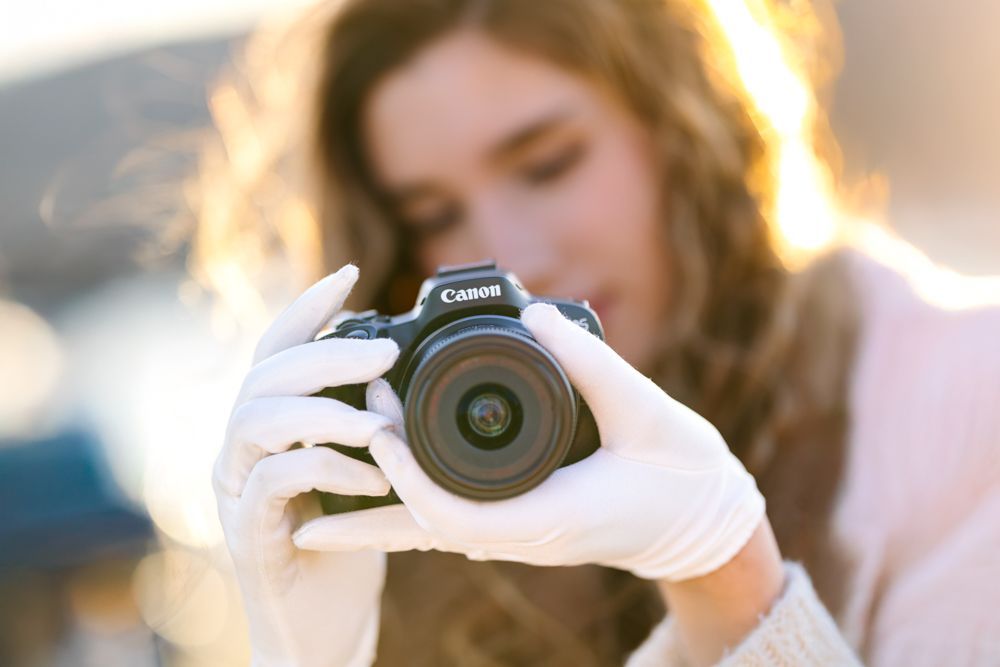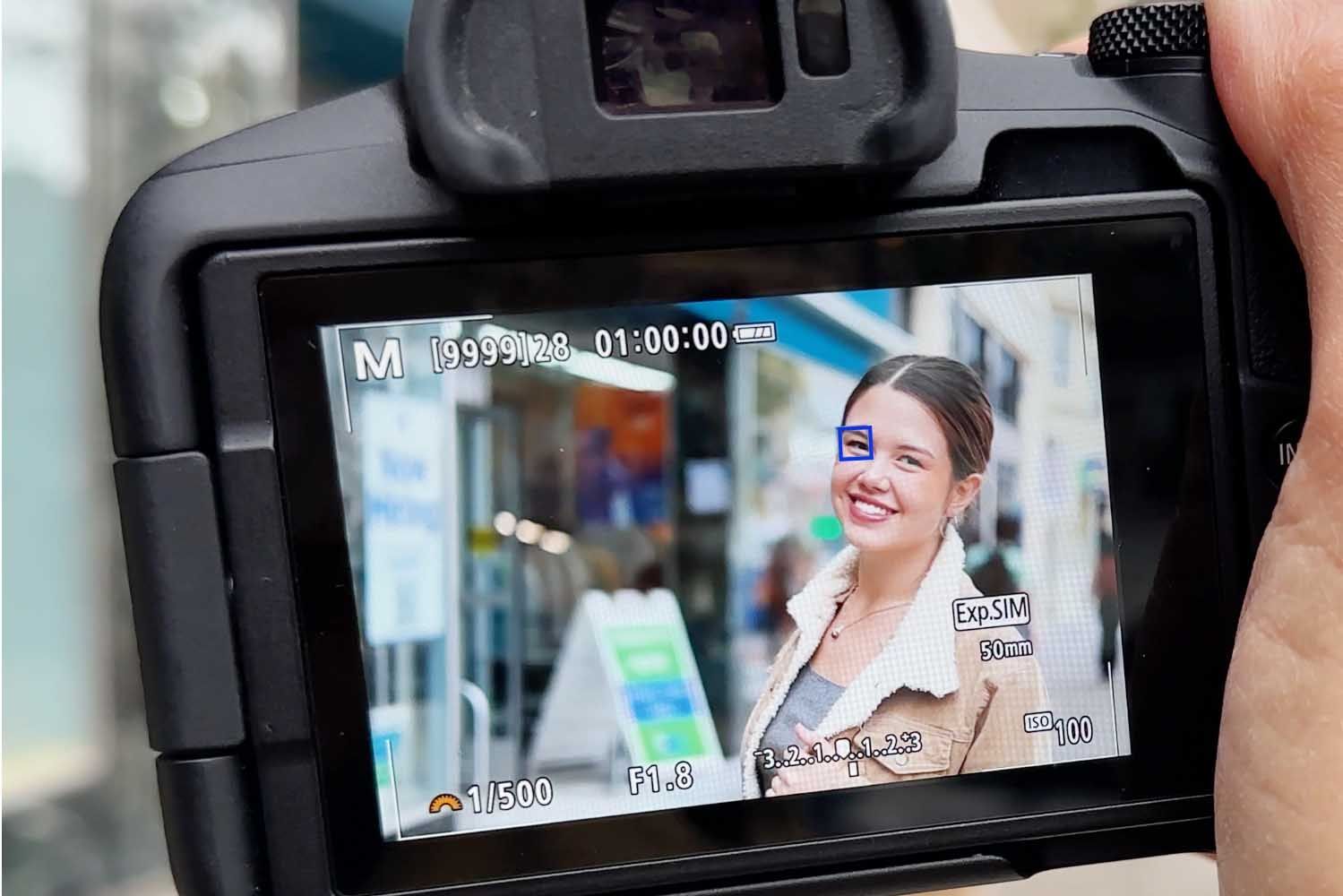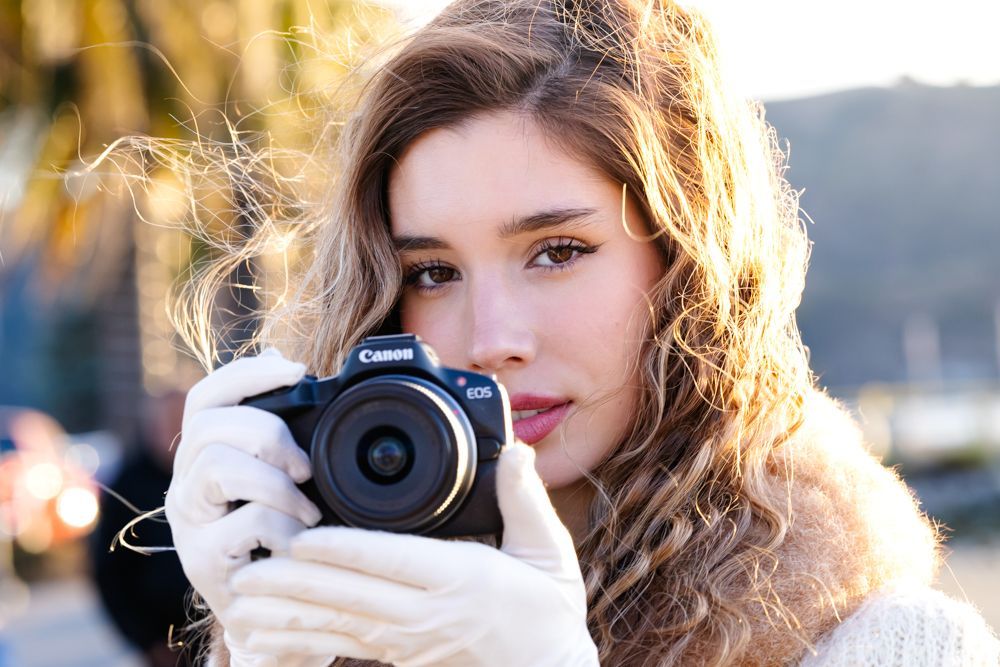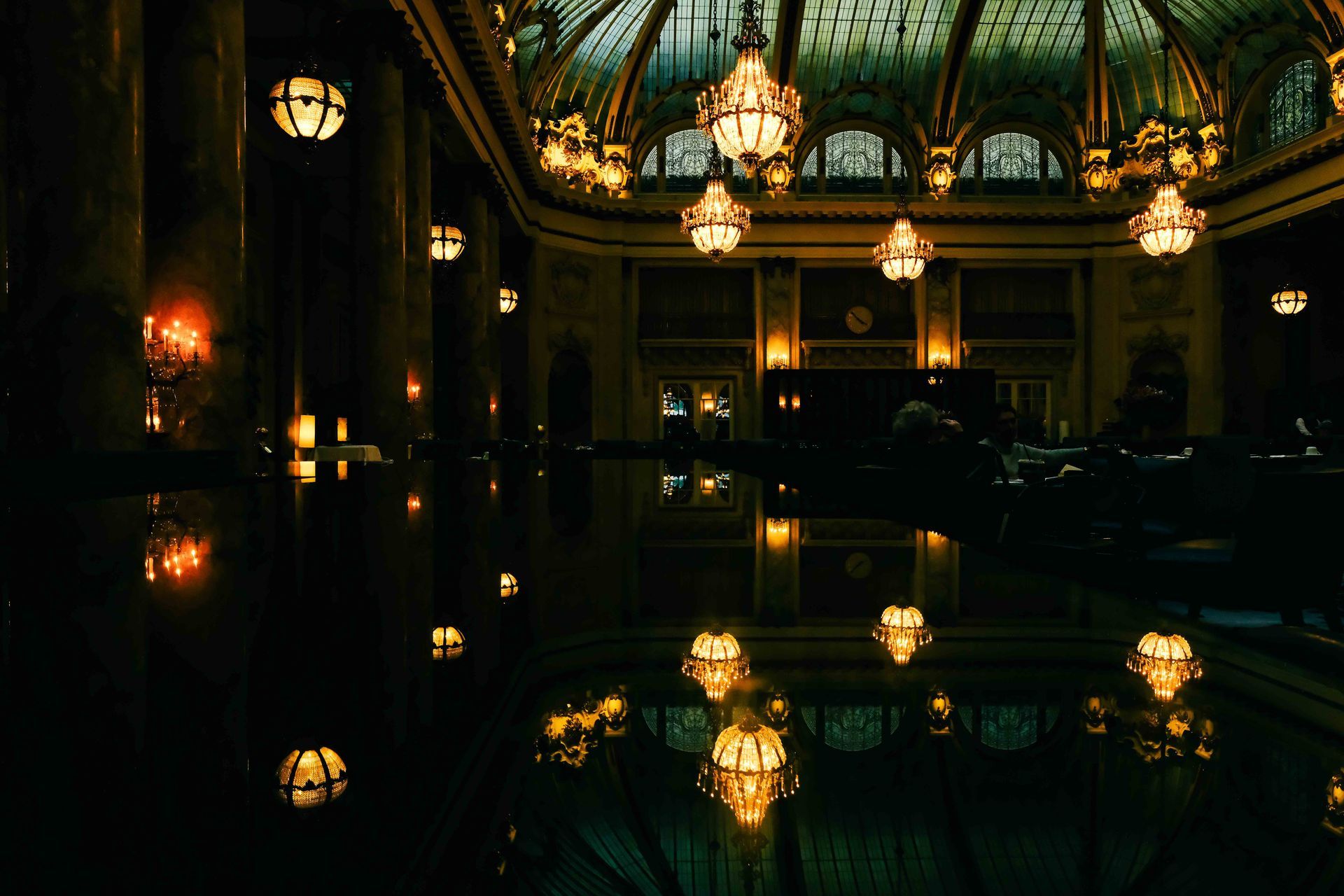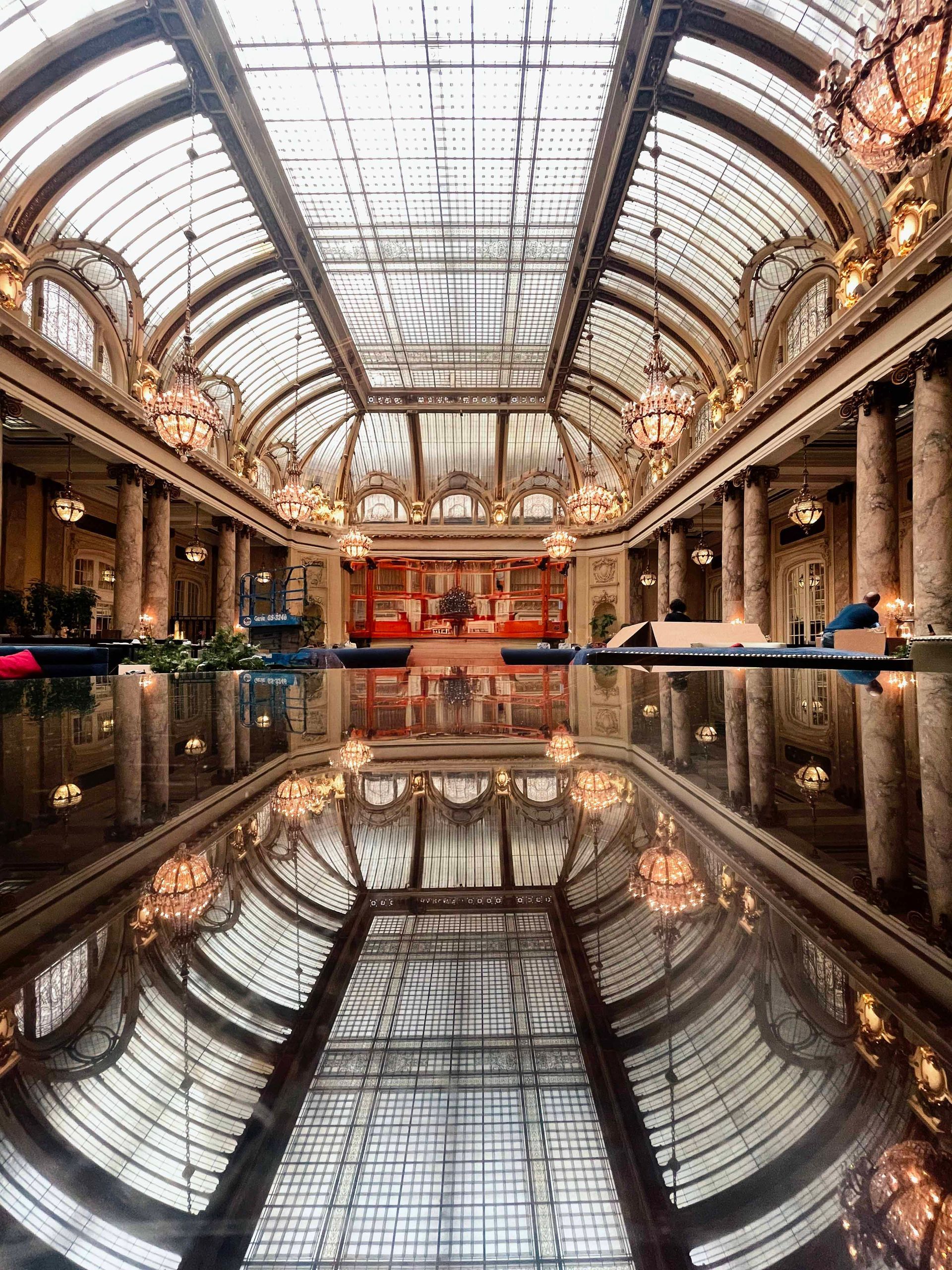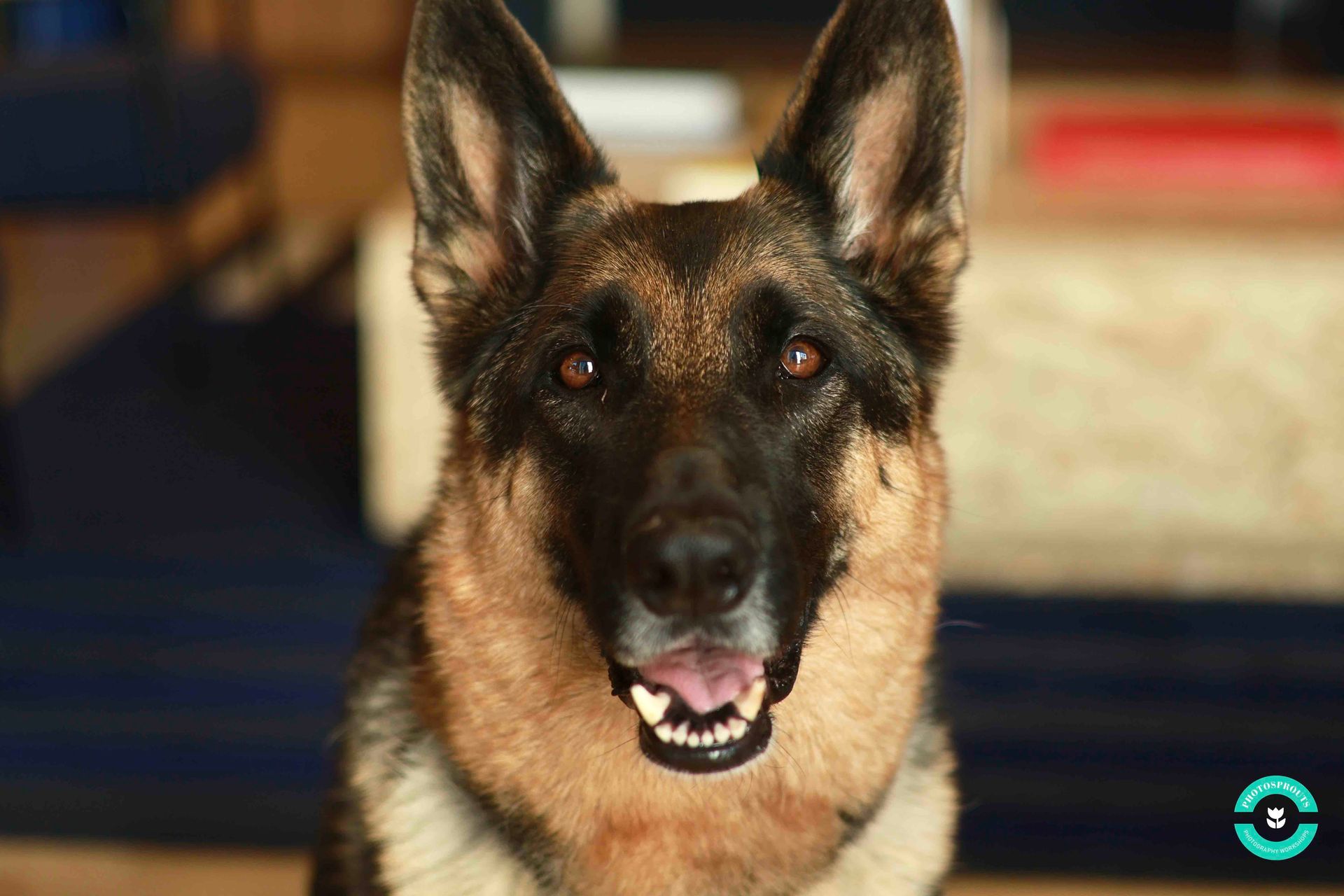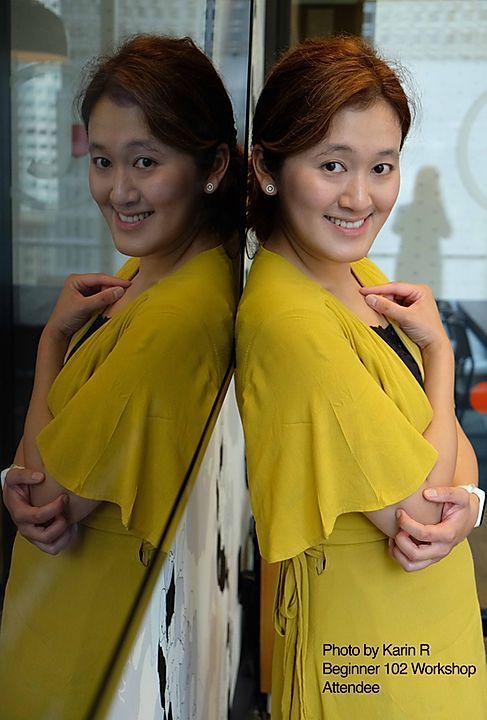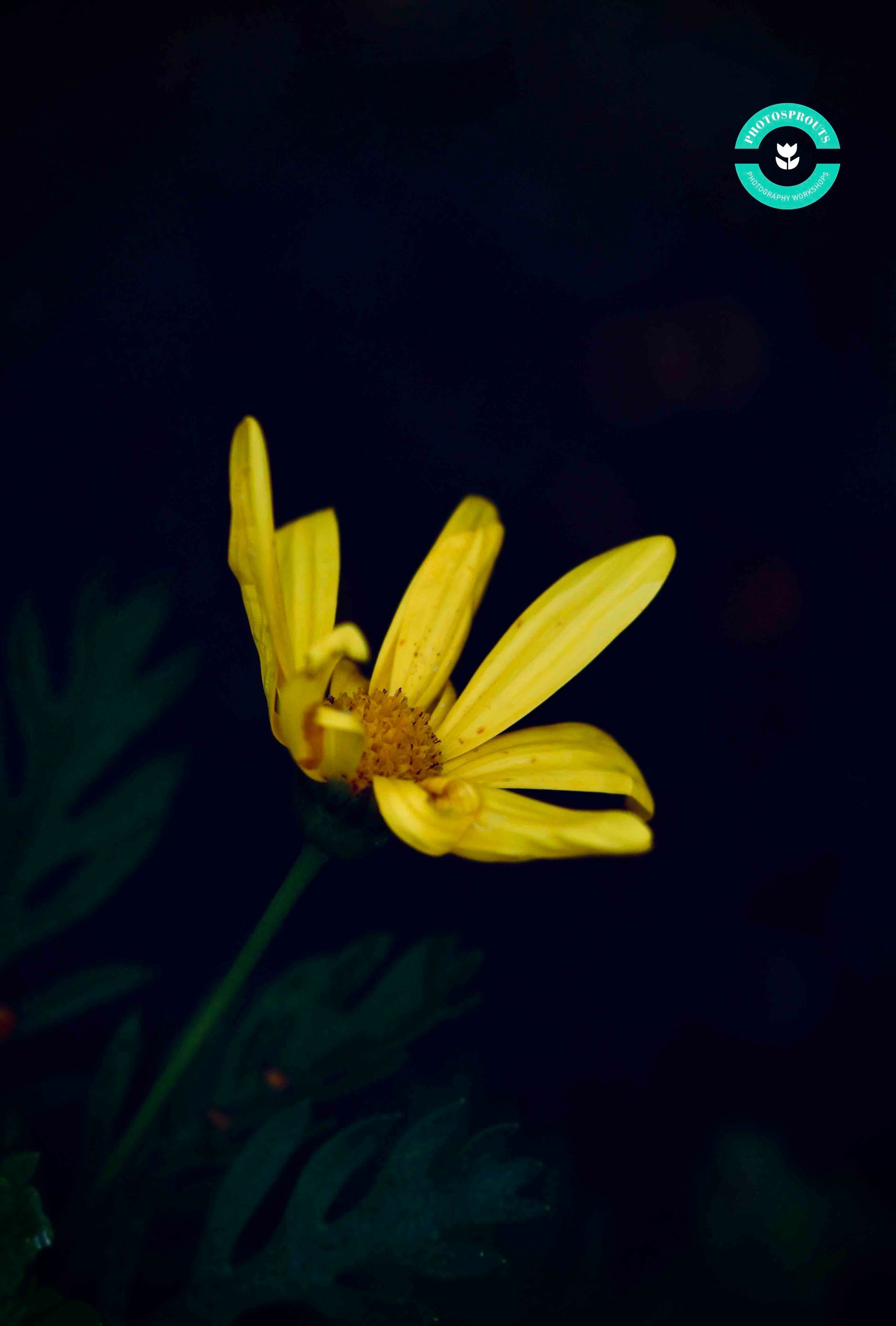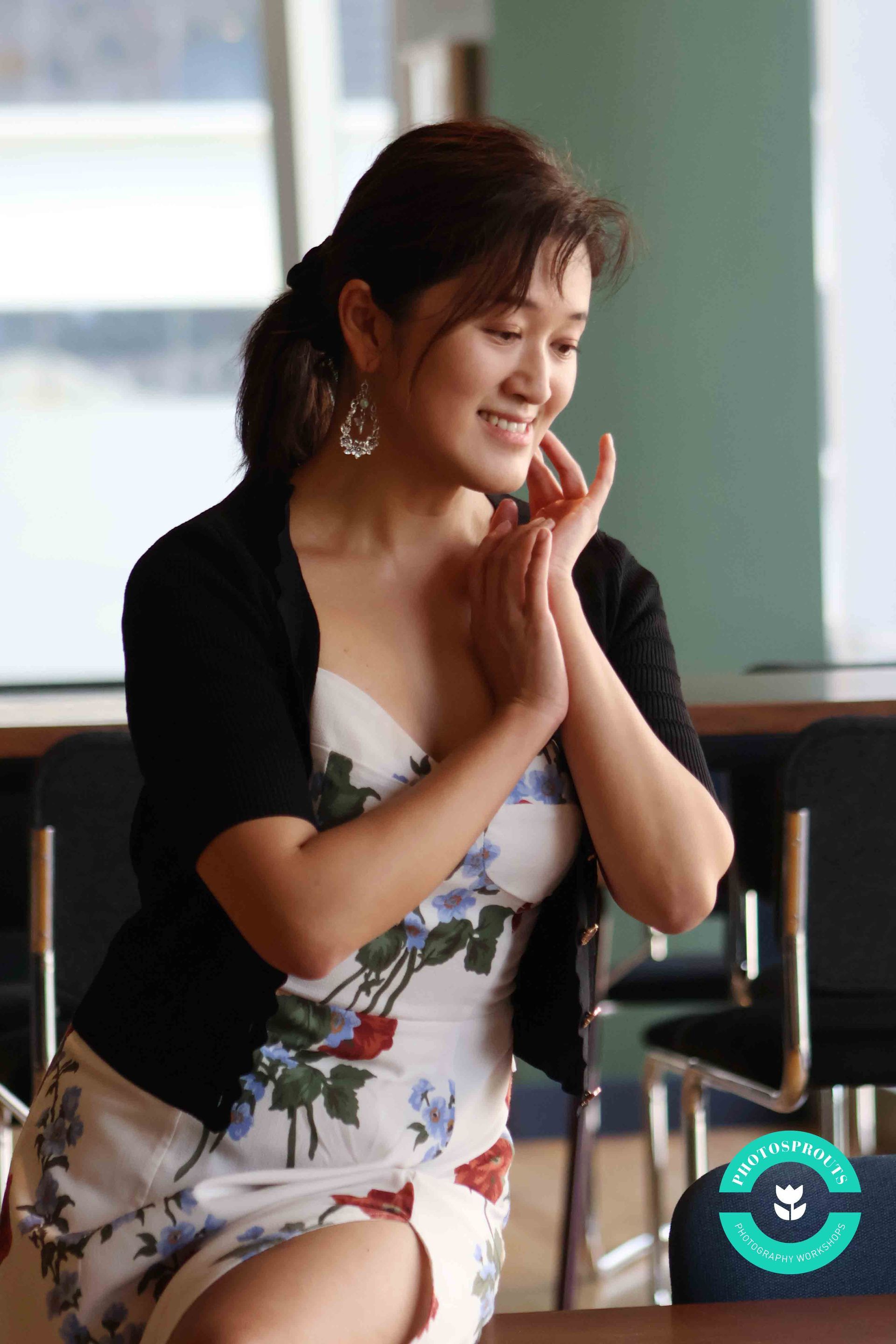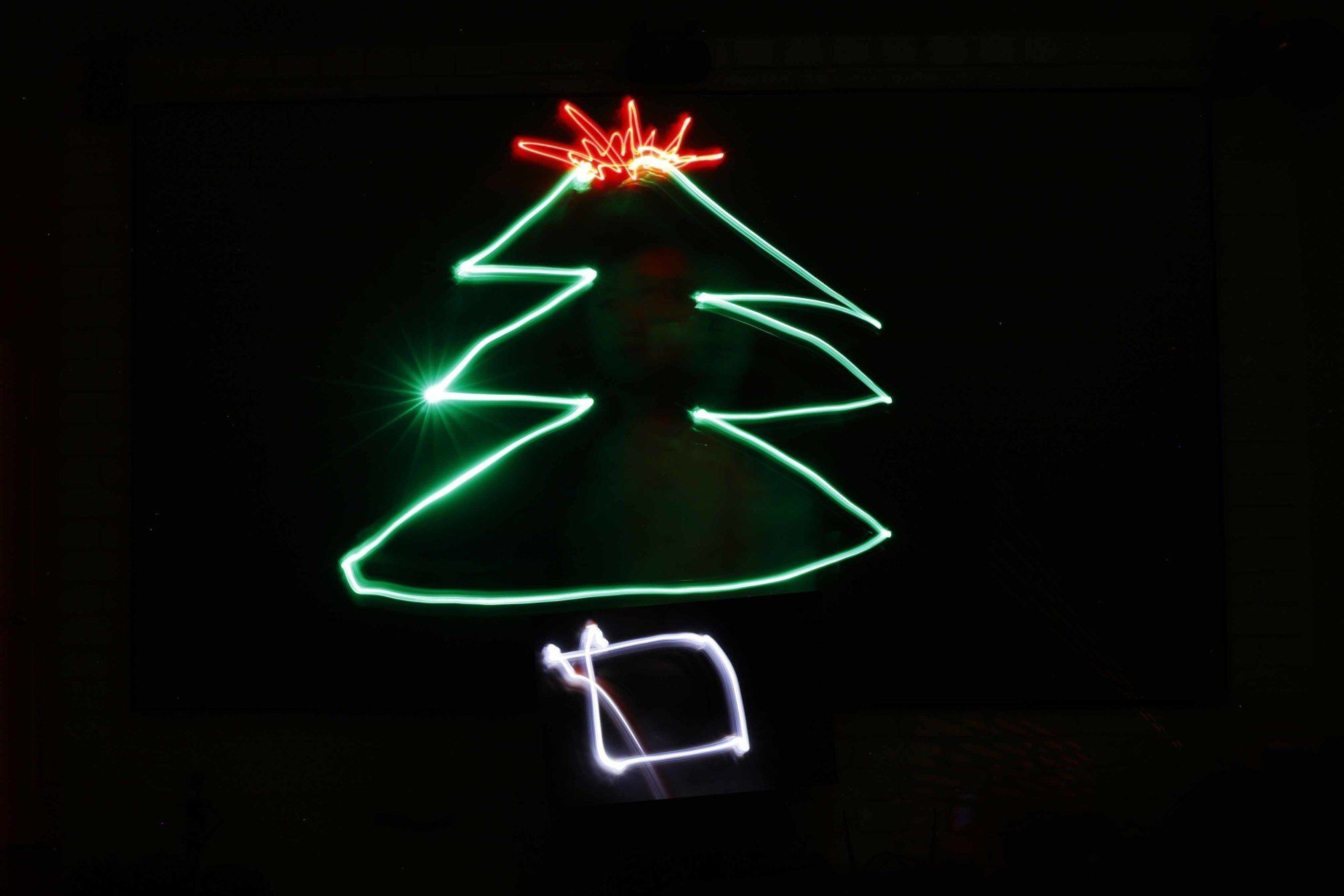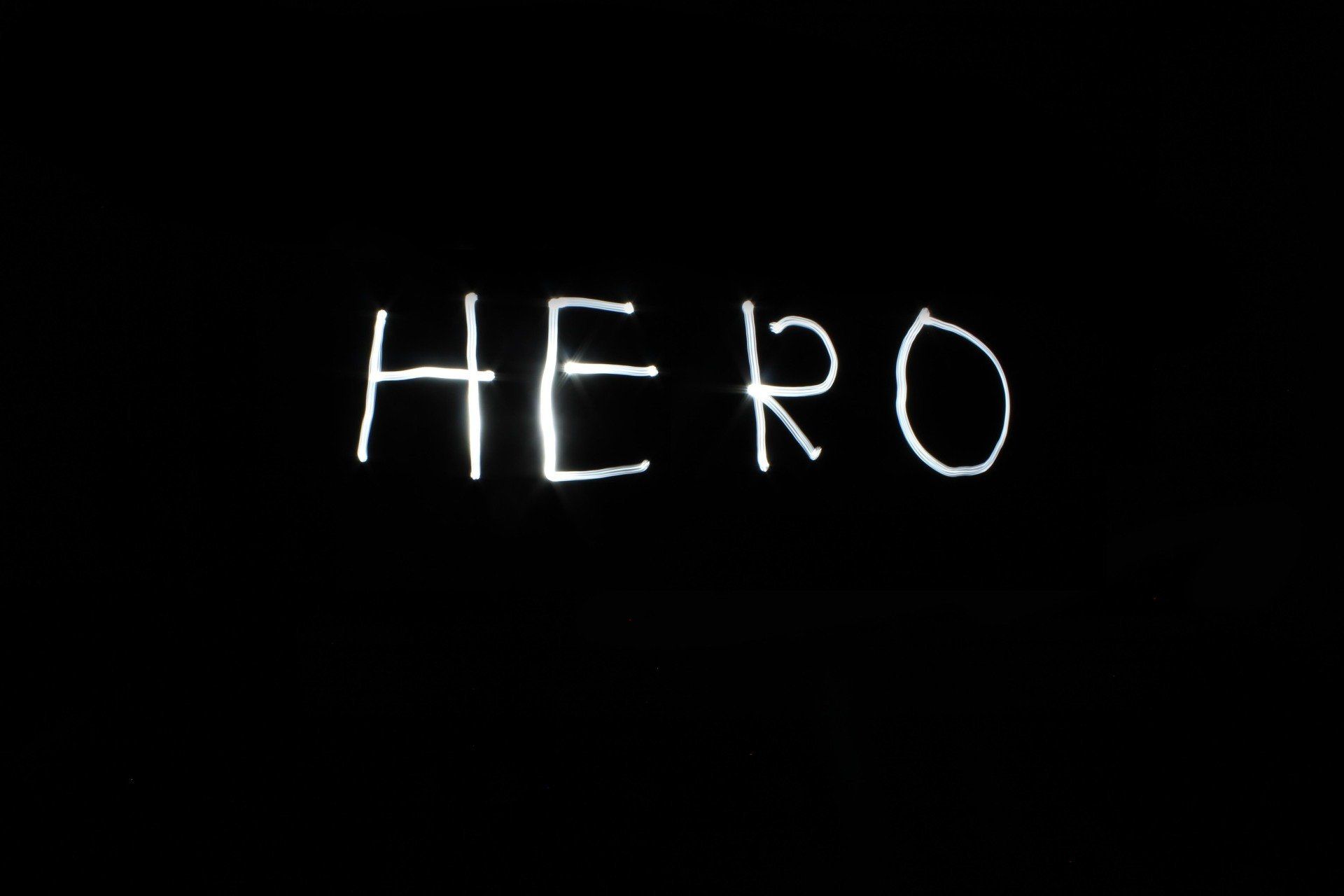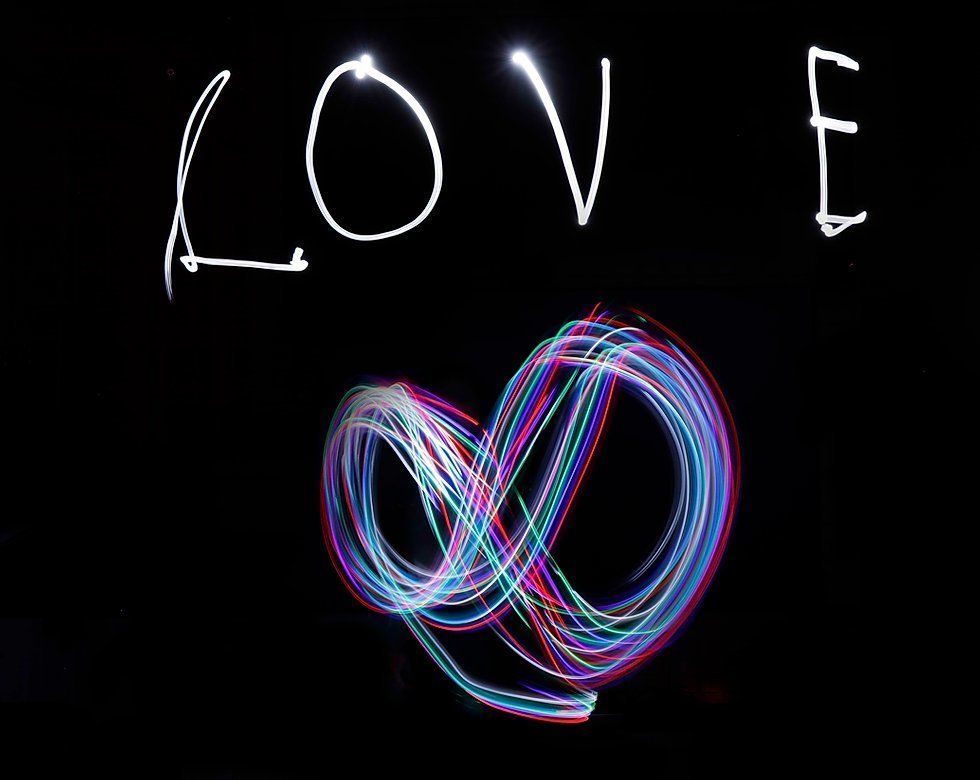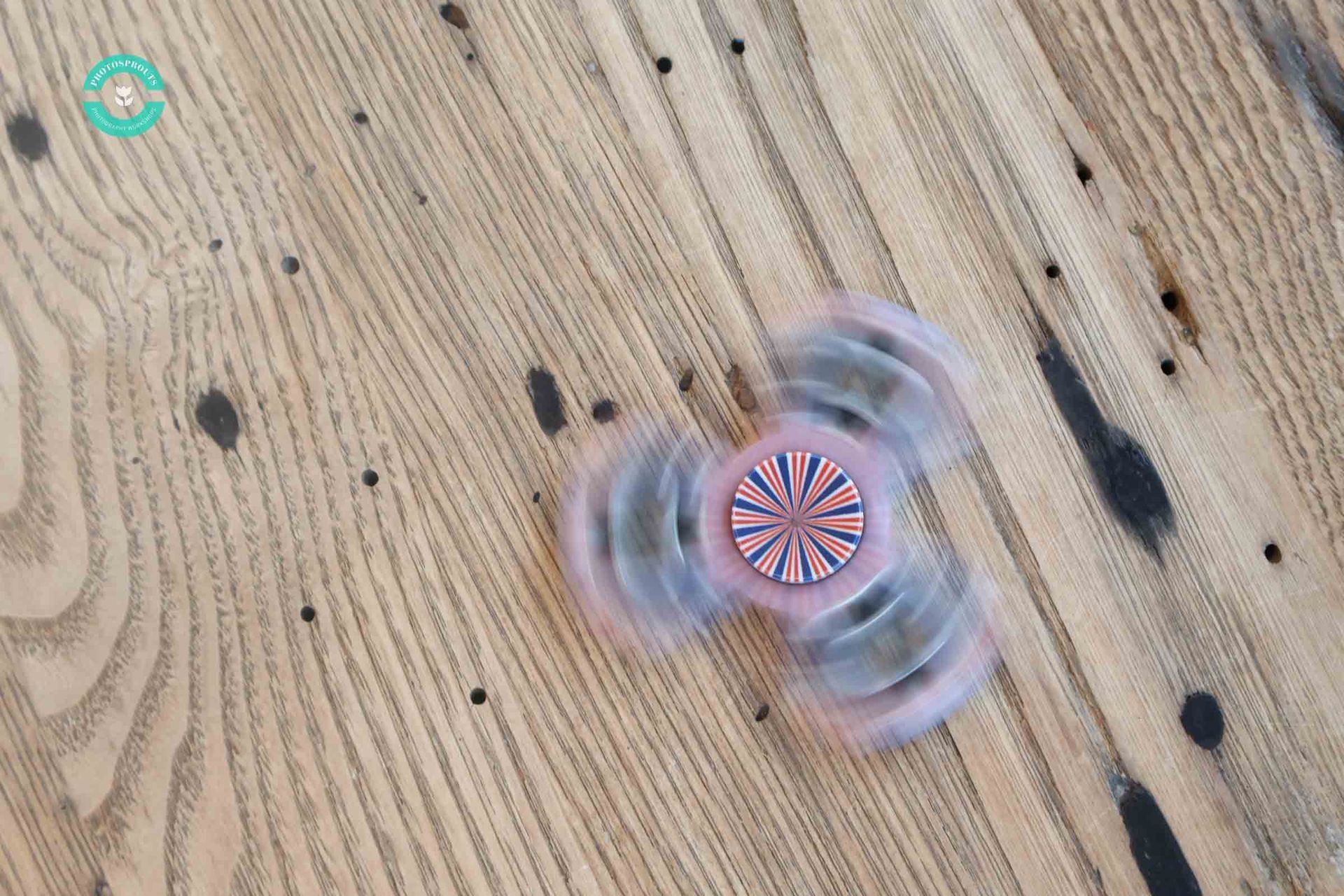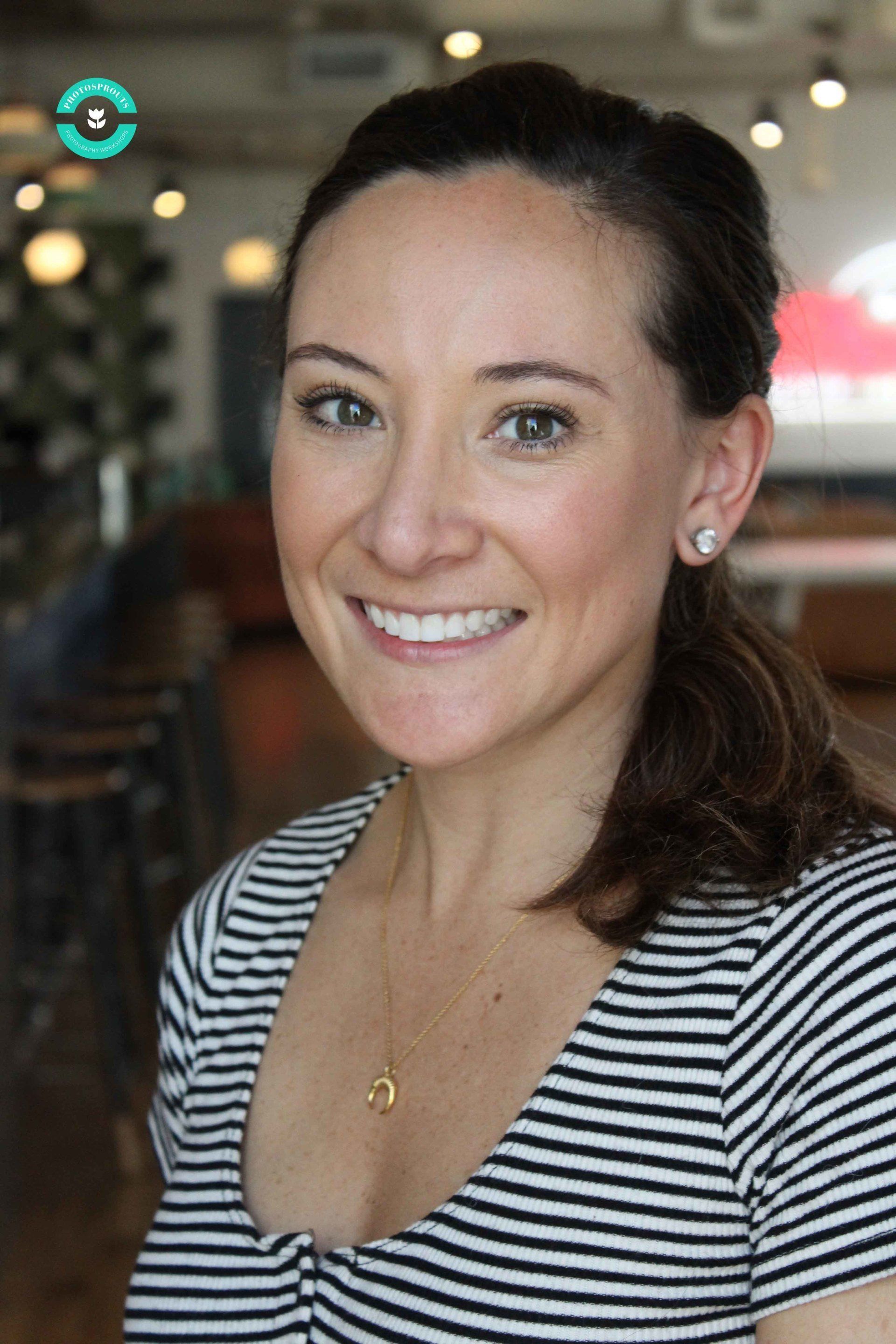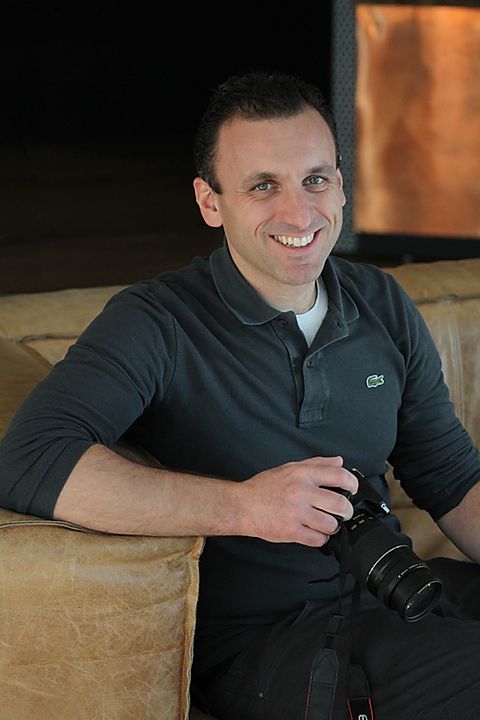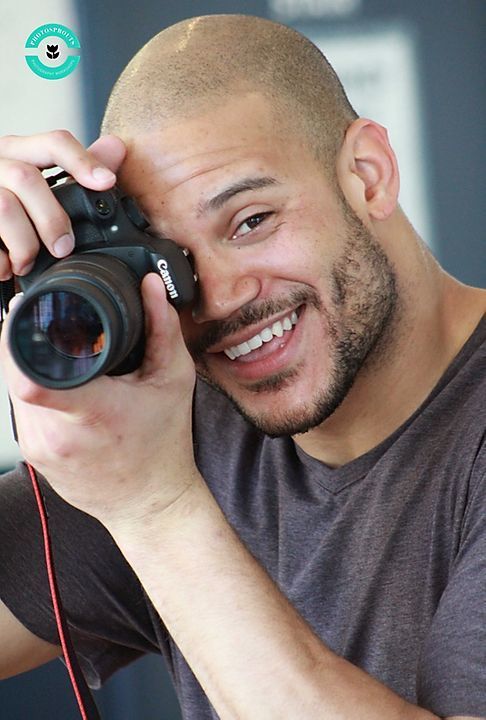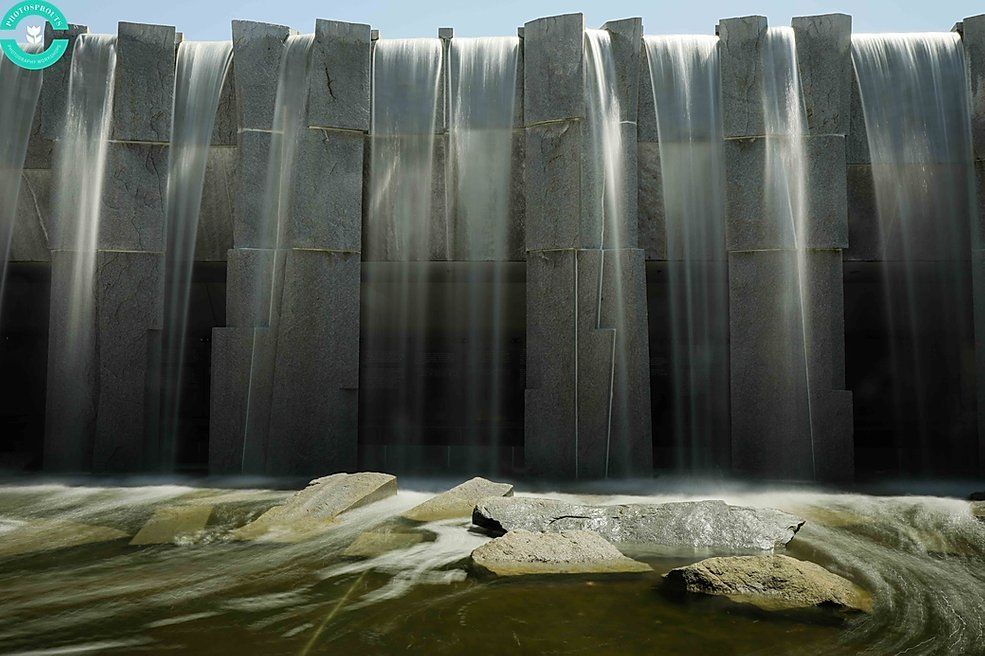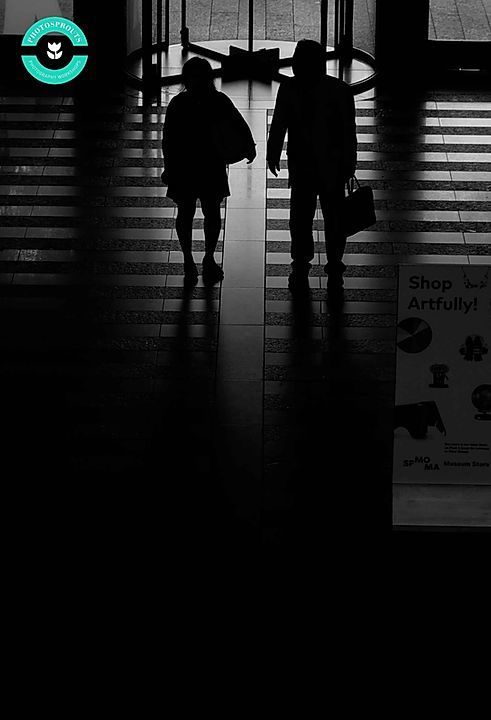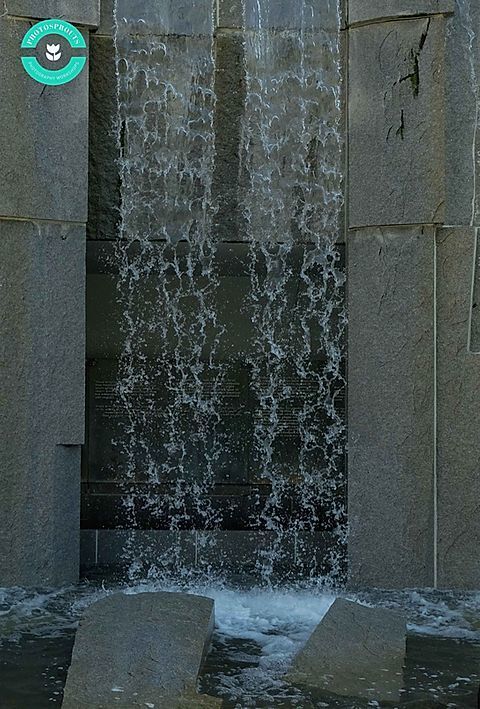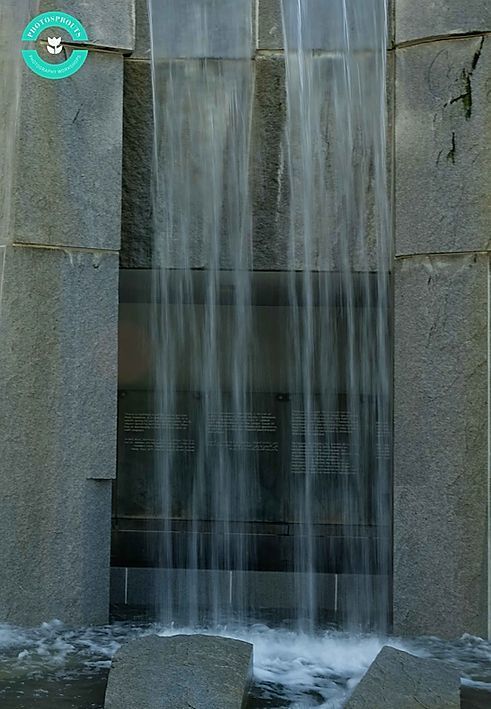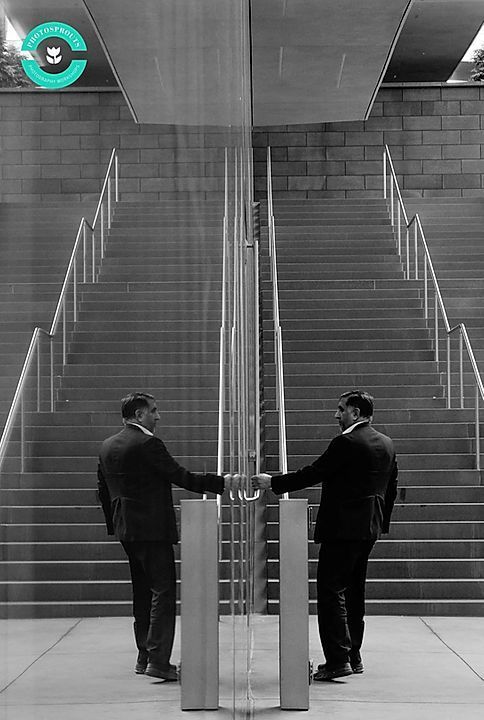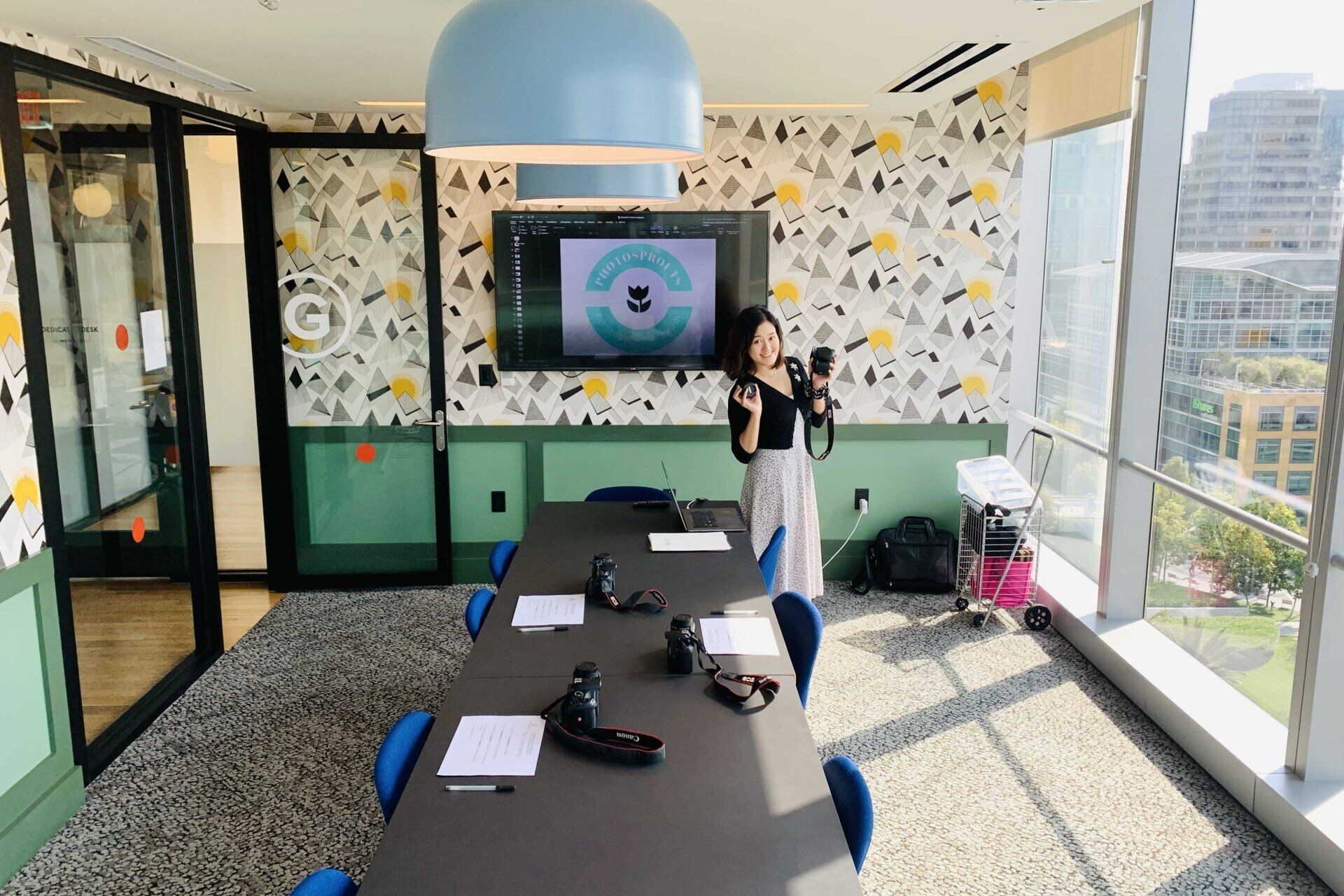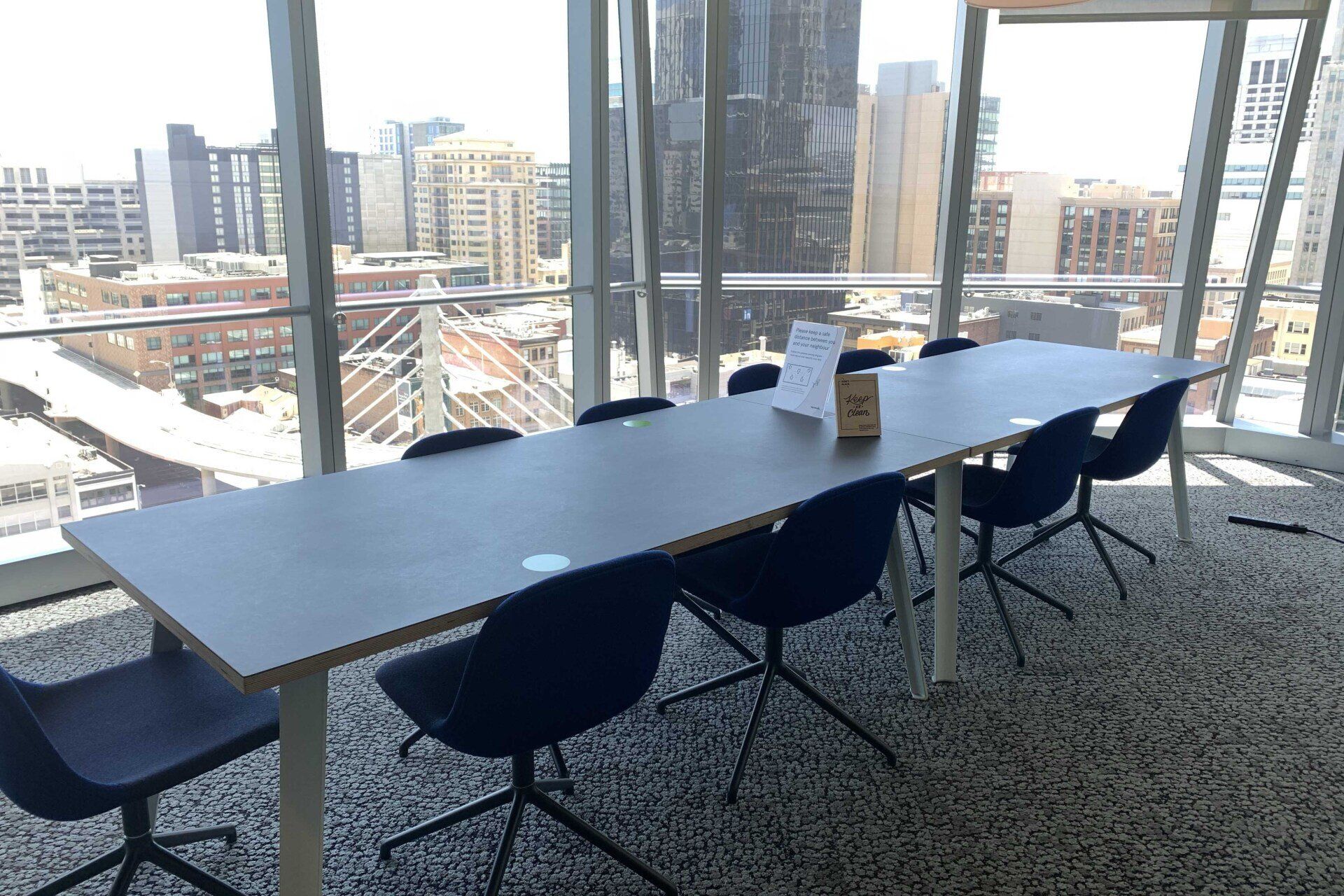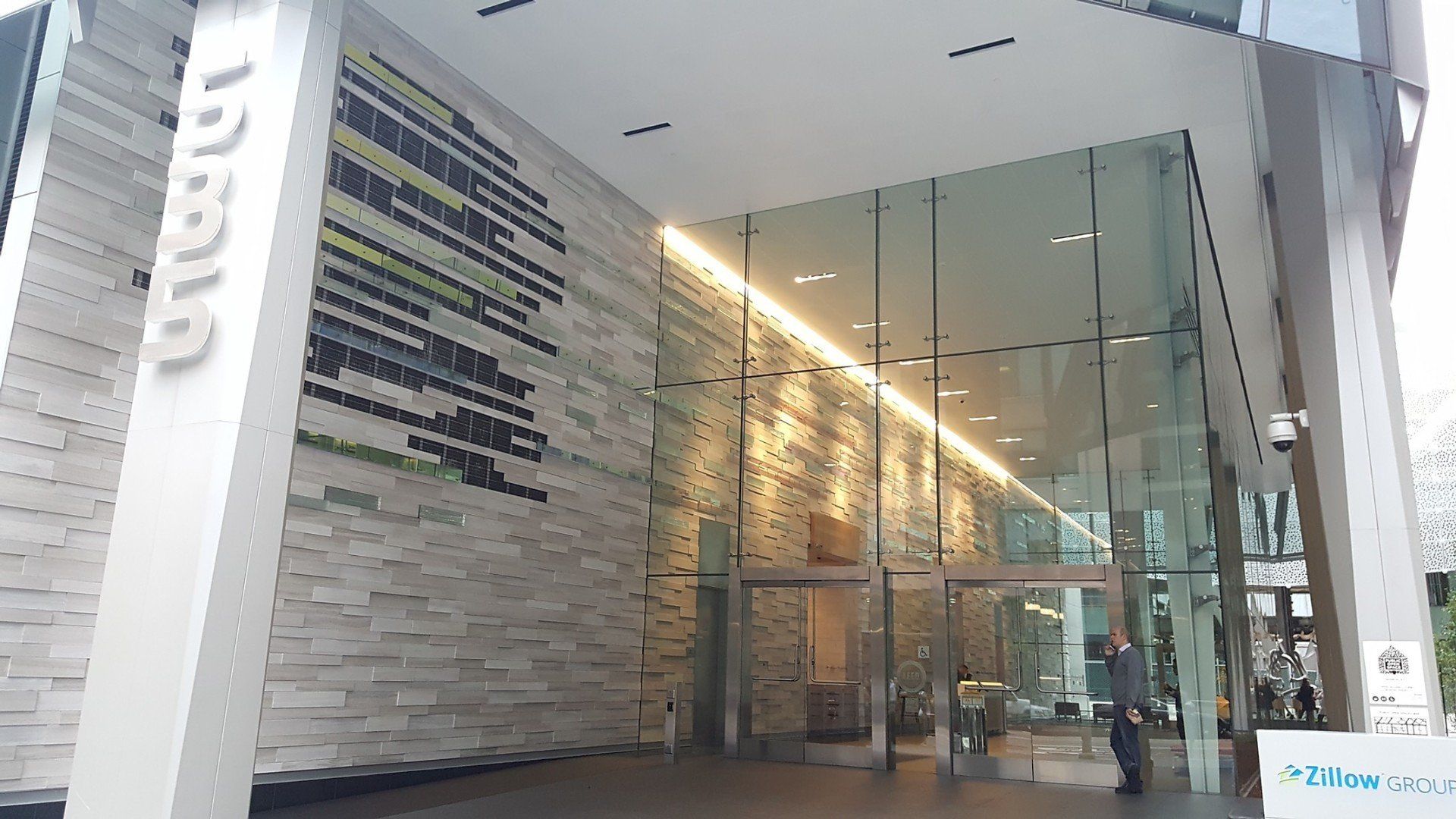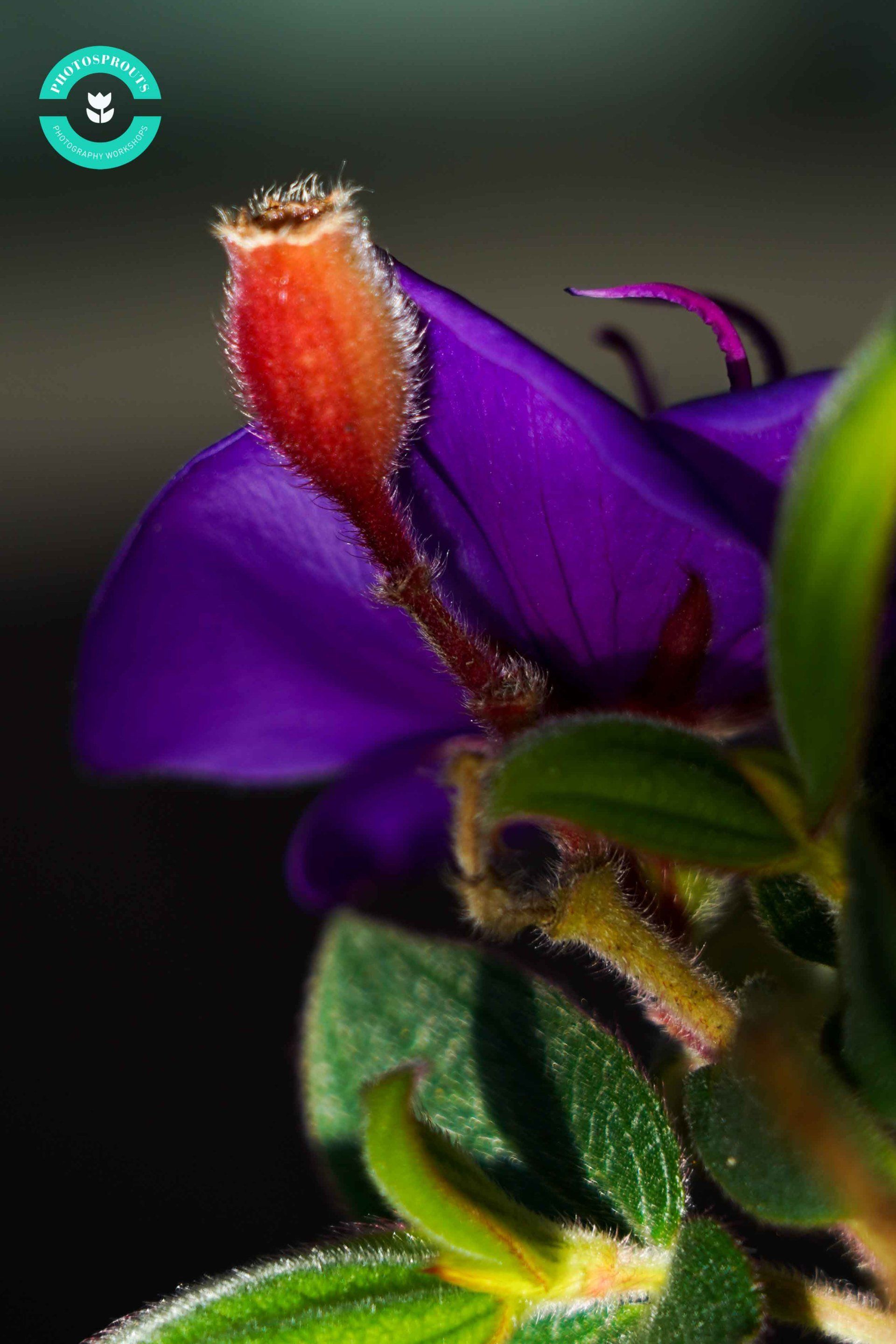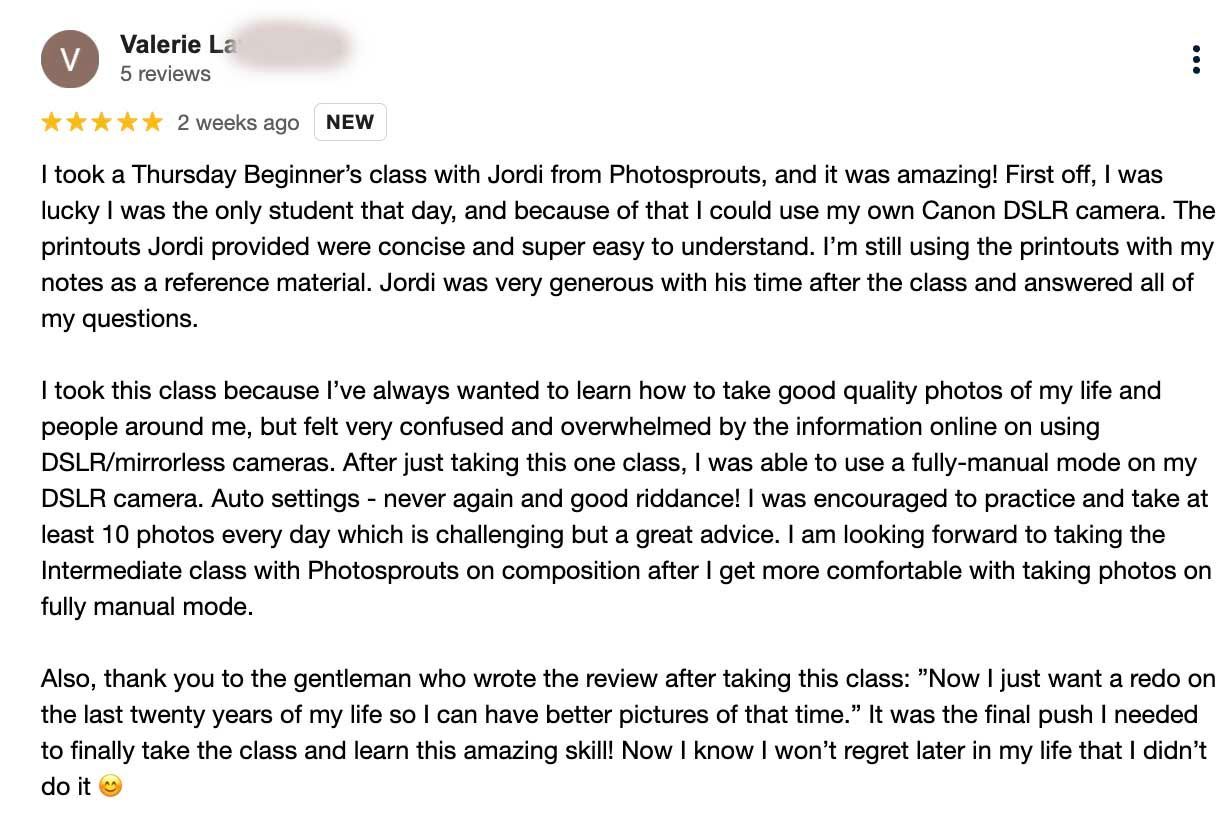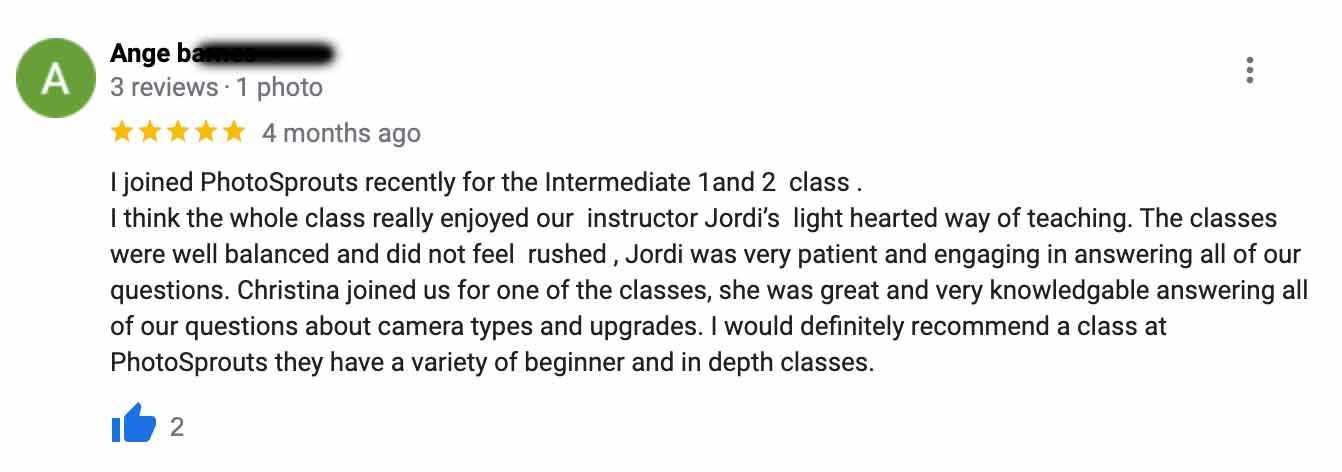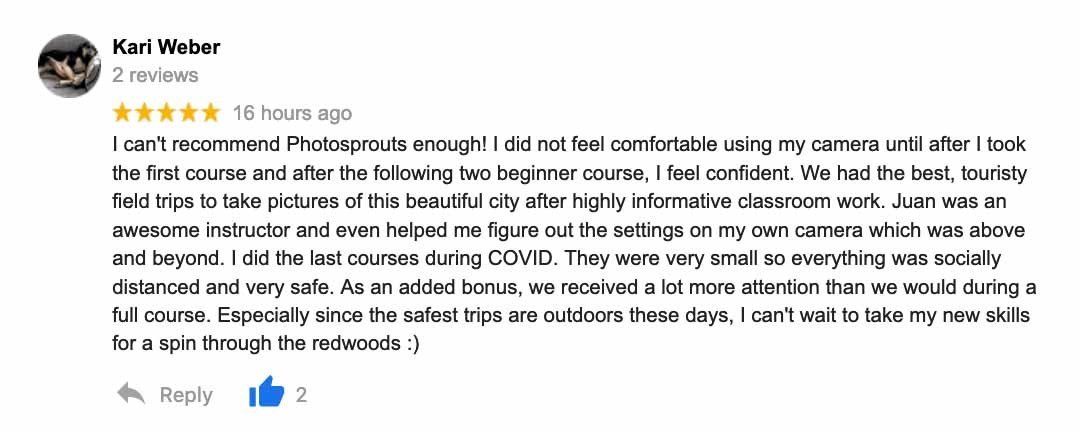Intermediate I & II
Digital Photography Workshops
Equipment Provided
Saturdays 1-4pm
Sometimes, you look at your photos and feel something is missing.
It might be because you've picked the wrong focal length, or you don't know how to do long exposure.
You’ve got the passion, the camera, and the drive—but something still feels missing.
For instance, if your portraits lack depth, it might be because you’re only widening the aperture for background blur but overlooking focal length, lighting, and composition. If your landscape photos feel full, long exposure could be the solution—but if they turn out overexposed, you’ll need to master ND and GND filters for proper light control.
The truth is, great photography isn’t about having the best gear—it’s about understanding how to manipulate aperture & shutter speed, seeing the light, balance the composition, and pick a desirable focal length to create the art.
That’s exactly what you’ll learn in our hands-on, in-person photography workshops.
Photosprouts' Intermediate I workshop is aperture-focused, covering portrait, still life, and urban landscape photography, while Intermediate II dives into shutter speed, teaching long exposure, street photography, and light painting—with ND and GND filters provided.
After completing Intermediate I or II, you might want to move on to Intermediate III to execute your own ideas, get more practice on composition and internalize what you have learned.
Join us and gain the confidence to take the photos you truly love!
You can use your equipment and learn how to fully leash their potential. Or if you don't have one, we'll provide a modern, up-to-date mirrorless camera, the Canon R50 and 3 lenses for you during the Intermediate I and II Workshops.
While you'll consolidate the photography knowledge through the hand-on exercises in the classroom, you'll also immediately put the theories into practice during the field trips.
Each attendee will print one photo and frame it after the Intermediate I Workshop.
Teenagers aged 12+ are welcomed.
Quick Facts
| Intermediate I | Intermediate II | |
|---|---|---|
| Length | 3 Hours | 3 Hours |
| Date & time | Saturdays, 1pm-4pm | Saturdays, 1pm-4pm |
| Equipment provided | Canon R50 Mirrorless Camera and 3 lenses (kit, prime and telephoto) | Canon R50 Mirrorless Camera and 3 lenses (kit, prime and telephoto) |
| ND and GND filters | ||
| Area of focus | Aperture Focal lengths Lenses Depth of field Focus modes | Shutter speed ND & GND filters White balance Crop factors, full frame & APSC cameras |
| Intro to | Landscape Portrait Still life Eye AF | Street & action Long exposure (silky waterfalls) Light painting |
| Field trips | Palace Hotel Salesforce Park | Yerba Buena Park MOMA (public area only) |
| Class size | 6 . | 6 |
| Price | $235.00 | $235.00 |
| Prerequisite | Beginner | Beginner |
Note: Intermediate I and II have different focuses instead of the level of difficulty—there’s no need to take Intermediate I before the Intermediate II.
You might be interested in Intermediate III after completing Intermediate I or II.
Available Dates
Note:
The Intermediate I Workshop is a one-off, 3-hour class
The Intermediate II Workshop is a one-off, 3-hour class
Bundled Discount Codes

BUNDLED123
Save $100
Beginners + Intermediates I & II

BUNDLED23
Save $60
Intermediates I & II

BUNDLED12
Save $30
Beginner + Intermediate I

- You might also be interested in Intermediate III after completing Intermediate I or II.
- You will get $20 Discount in the form of refund within 24 hours for signing up Intermediate III.
- Note that Intermediate III is a class for those who have completed/ signed up Intermediate I or II.
Short Videos
Attendees will print their photos of the field trips at the end of the Intermediate I Workshop



